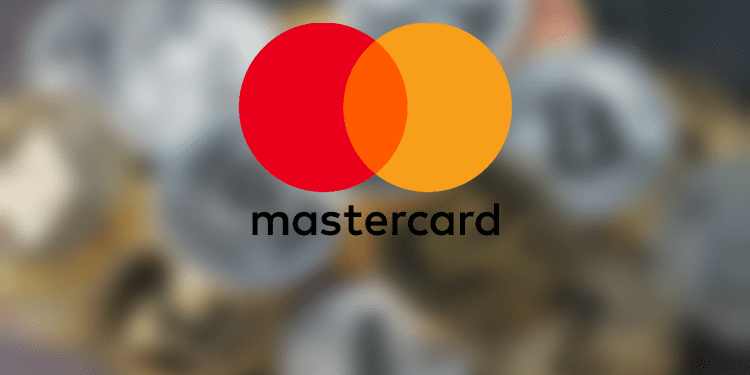Mastercard is ready to announce plans to help banks issue Bitcoin and cryptocurrency exchanges manage regulatory compliance and security rules.
Mastercard plans to work with Paxos, a crypto-exchanging platform that PayPal already uses to provide similar services. To fill the gap between banks and manage the adherence to regulations and security. Besides, banks have begun to avoid cryptocurrency and bitcoin because of regulatory compliance and security issues.
Cryptocurrencies like Bitcoin are high volatility. Also, digital assets have lost over half of their value this year. The cryptocurrency ecosystem has suffered in the hands of hackers since January, accompanied by several high-profile bankruptcies.
Mastercard’s chief digital officer, John Lambert, said:
“There’s a lot of consumers out there that are interested in this and intrigued by crypto but would feel a lot more confident if those services were offered by their financial institutions.”
“It’s still a little scary to some people,” he added.
Lambert told CNBC that there is still a high demand for the asset class despite the bear market. He also said that from a recent poll, 60% of the respondents said they would prefer to be exposed to cryptocurrency and bitcoin via their banks.
“It would be shortsighted to think that a little bit of a crypto winter heralds the end of it — we don’t see that… It’s a little scary to some people still,” he stated.
Huge investments financial institutions like Morgan Stanley, Goldman Sachs, and JPMorgan have efficient crypto terms but have avoided issuing them to consumers. At an Institute of International Finance event last week, Jamie Dimon, JPMorgan CEO, referred to cryptocurrencies as “decentralized Ponzis.”
Mastercard’s Role in Helping Banks Offer Bitcoin and Cryptocurrency
Mastercard disclosed that its role in helping banks is to “keep banks on the right side of regulation by following crypto compliance rules, verifying transactions, and providing anti-money-laundering and identity monitoring services.”
Mastercard will pilot this product during Q1 2021 and then “crank the handle” to expand into more regions. Lambert did not discuss which banks had already signed up for the program.
“It’s hard to believe that the crypto industry will truly go mainstream without embracing the financial industry as we know it,” said Mastercard’s chief digital officer.
Mastercard’s executive vice president of digital partnerships, Sherri Haymond, said in an interview:
“We want to offer all of our partners the ability to more easily add crypto services to whatever they do. Our partners, be they banks, fintech, or merchants, can offer their customers the ability to buy, sell and hold cryptocurrency through an integration with the Baktt platform.”
If banks adopt this program, it will mean increased competition for Coinbase. The announcement could also cause significant growth in how Americans earn and spend bitcoin and other cryptocurrencies.
Mastercard has one of the topmost global payments networks with Visa and partners with over 20,000 financial institutions globally. Per the company, 2.8 billion Mastercards are in use.














